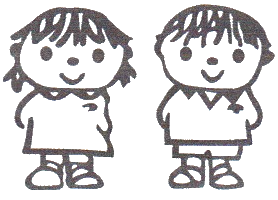ENGLISH AS AN ADDITIONAL LANGUAGE POLICY
The definition of EAL:
A pupil is recorded as having English as an additional language if she/he is exposed to a language at home that is known or believed to be other than English.
• Some children will be bilingual from birth, because their parents use both languages.
• Some will speak some English at times, but are not fluent.
• Some will speak conversational English, but are not able to express more complex thoughts.
• Some will be at a much earlier stage of learning English.
A child may have been born in England, yet have had very little exposure to English.
Aims:
Nelmes Pre-School is committed to making appropriate provision of teaching and resources for children for whom English is an additional language and to raising the achievement of children with differing cultural and linguistic backgrounds who may be at risk from underachievement.
The aim of this policy is to help ensure that we meet the full range of needs of those children who are learning English as an additional language. This is in line with the requirements of the Equality Act 2010.
We aim to ensure that all EAL children are able to:
• Use English confidently and competently.
• Use English as a means of learning across the curriculum.
• Where appropriate, make use of their knowledge of their first language.
Early Years staff will: –
• Take reasonable steps to provide opportunities for children to develop and use their home language in play and learning, supporting their language development at home.
• Ensure that children have sufficient opportunities to learn and reach a good standard in English language during the EYFS, ensuring children are ready to benefit from the opportunities available to them.
As a setting, we plan to support the four main areas of need:
• communication and interaction,
• cognition and learning,
• social, emotional and mental health,
• sensory and or physical needs EYFS Framework:
We aim to enable all the children to have equal access to the curriculum in an environment where every child is equally valued and respected.
We aim to promote an inclusive environment where all children, whatever their needs, can learn and develop in a happy, caring and educational environment.
We aim to adapt our routine, activities and environment to allow us to cater for the individual child and for them to participate and reach their full potential in a happy inclusive environment.
Through detailed curriculum planning, using the EYFS guidelines and organisation of resources, we aim to make all activities available to all children at a level appropriate to their individual developmental needs.

